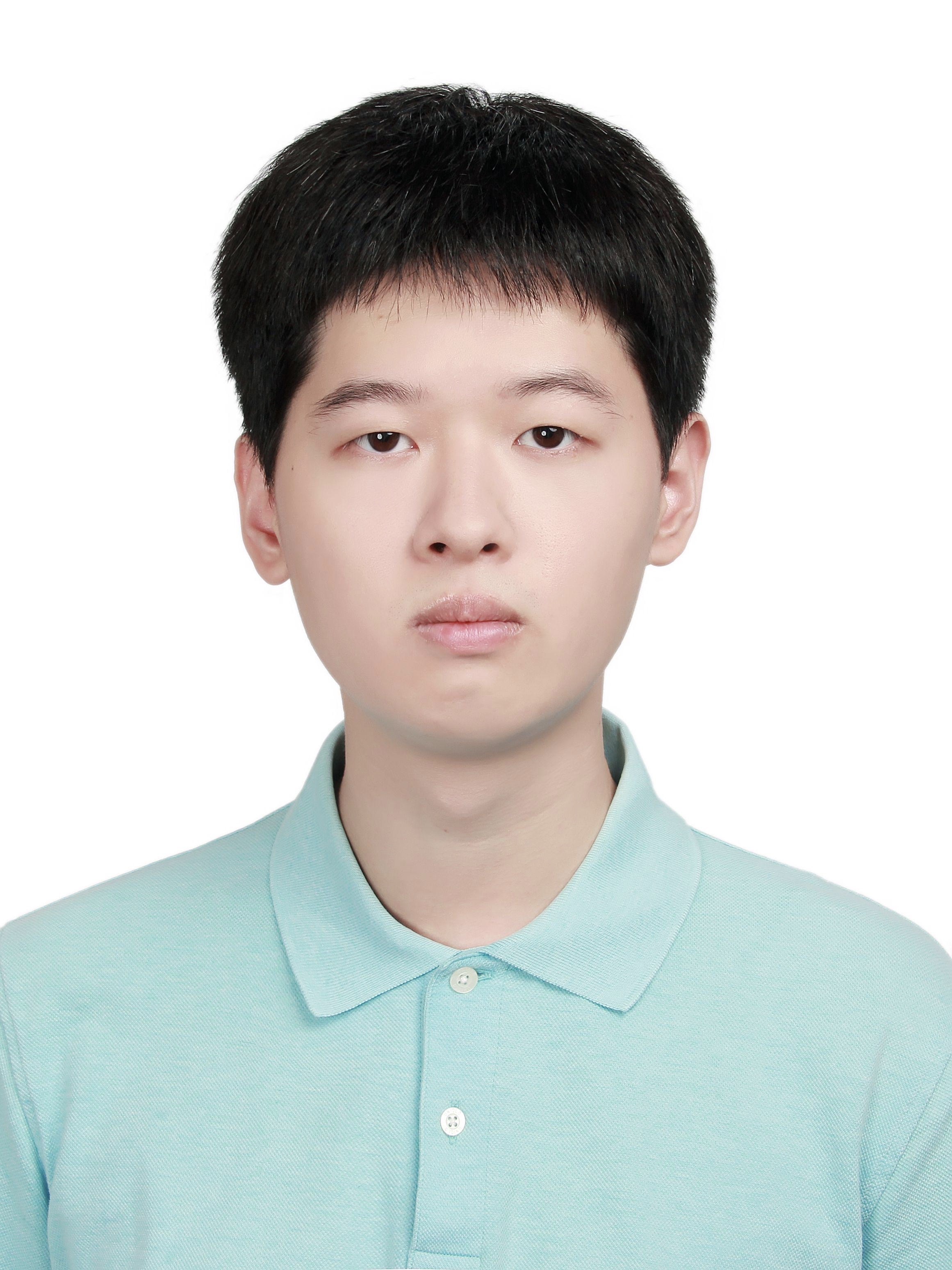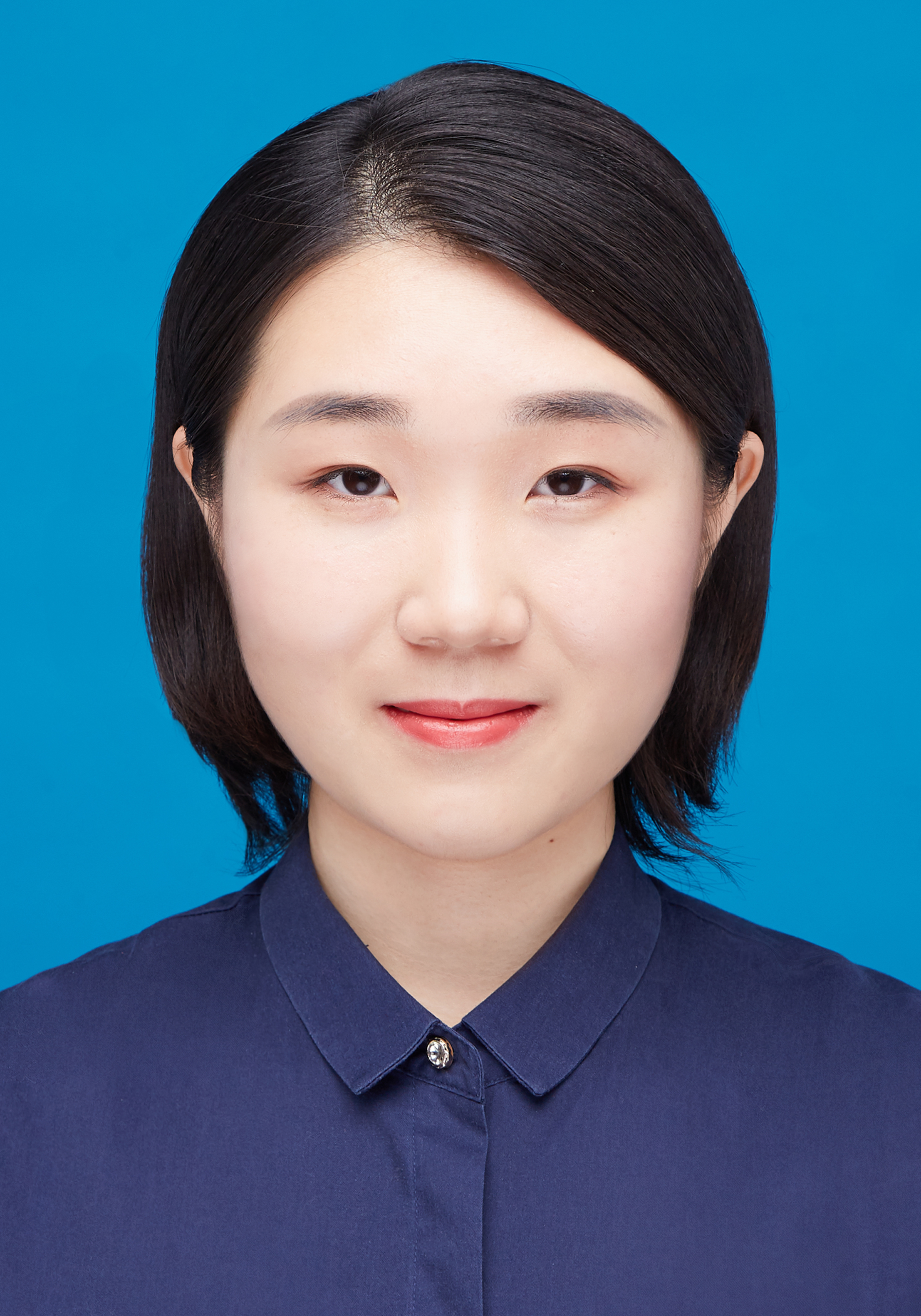Principal Investigator

Haiyan Wu
I'm a psychologist and neuroscientist!
I completed my Ph.D. at the IDG / McGovern Institute for Brain Research at Beijing Normal University. Then I became a faculty in the Department of Psychology, University of Chinese Academy of Sciences. I worked as a visiting associate in the Division of Humanities and Social Sciences, California Institute of Technology, from 2017 to 2019. Now I work in CCBS at the University of Macau.
I am interested in exploring the mechanisms that describe and/or affect behavioral and neural responses during emotion and decision making (both for human and human-AI interaction) in social interaction. My interest also lies in the area of the interactions between social information processing and decision. In my research, I use diverse methods (Mturk, EEE/sEEG recordings, eye/mouse tracking, AI, neuromodulation, and fMRI) to find answers to the following questions:
1) Computational Modeling and Quantification of Social Cognitive Processes:
How can we develop robust computational frameworks to quantify and measure critical dimensions of social inference, decision-making, and strategic interactions?
2) Neuromodulation of Social Adaptive Mechanisms:
What are the neural and cognitive mechanisms underlying social adaptation, and how can they be selectively modulated to enhance or alter adaptive behaviors?
3) Neurocomputational Dynamics of Reward and Punishment in Human-AI Interactions:
How do reward and punishment systems interact and compete during social decision-making, particularly in the context of human interactions with artificial agents?
PhD Students

Haoming Zhang
Haoming is a fourth-year PhD student in the lab. Before joining the A.N.D lab, Haoming received his bachelor’s degree at Southern University of Science and Technology. He is mainly interested in two specific topics. The first one is to investigate how the brain encoding the information about the direction of motion (forward & backward) by using intracranial electroencephalographic to recording and analyze the electrophysiological signal. The second is to investigate the neural machinery of the human brain for making safe, risky decisions. Haoming uses different kinds of methods in the research, which include EEG, sEEG, machine learning, and neural network.

Kun CHEN
Kun CHEN is a fourth-year Ph.D. student in the lab. He graduated with a B.E. degree in Computer Science and Technology from Huazhong University of Science and Technology. Kun's research passions lie in two interconnected areas: 1) Investigating how different forms of knowledge are encoded and retrieved in the human brain, and understanding how these representations influence our behavior. 2) Building on this foundation, he extends his inquiry to the representation of emotions. Utilizing computational modeling and neural recording techniques, Kun explores how emotions are represented and processed in the brain, and how they shape social decisions.

Xinyi Xu
Xinyi is a third-year Ph.D. student in the lab. Before joining the lab, she received her bachelor’s degree in EE at Wuhan University of Technology. Her research seeks to investigate 1) how moral decisions shape memory, 2) the role of cognitive control brain in regulating this interaction, 3) neurocompuational mechanism of metacognition. She uses diverse methods (fMRI, sEEG, mouse tracking, computational modeling and neural networks) with aims to reveal the cognitive and neural processes behind social cognition.

Keyu Hu
Keyu is a third-year Ph.D. student who received B.Sc. (Psychology) degrees from both Southwest University in Chongqing, China, and the Australian National University in Canberra, Australia. Generally, she is interested in investigating the neural basis of social cognition and affection using multi-modality methods in topics including 1) the intrinsically biased or limited information sampling process, together with 2) their impact on adaptive learning and decision-making and 3) the role of individuals' affective experience during those processes.

Jingmin Qin
I am a second-year PhD student in the lab. I received my B.E. degree in Economics from China University of Geosciences (Beijing) and my M.E. degree in Psychology from Southwest University. Recently, I have been exploring the secrets behind social cognition and interaction, especially focusing on mentalization. I am very interested in understanding the dynamic neural mechanisms of direct and indirect mentalization.

Xinrui Zhang
Xinrui Zhang is a second-year joint PhD student in the lab, jointly trained by Prof. Xin’ an Liu from the Brain Cognition and Brain Disease Institute, CAS and Prof. Haiyan Wu from the University of Macau. She holds a B.A. in Economics from the University of International Business and Economics, and an M.A. degree in Finance from the University of Hong Kong. Her research interests are focused on decision making and depressive disorder, aiming to investigate the intervention in early childhood to proactively mitigate mental health challenges.

Shuo Zhang
Shuo Zhang is currently a first-year Ph.D. student in the lab. My main research interest is to apply machine learning models to explore the neural mechanisms of people's decision-making in complex processes (such as games). I received my master's and bachelor's degrees from the Southern University of Science and Technology, with a master's degree in electronic science and technology and a bachelor's degree in physics.
Master Students

Meijiaozi Sun
Meijiaozi Sun is a first-year graduate student in the lab, majoring in Cognitive Neuroscience. She graduated with a B.S. in Software Engineering from Dalian University of Technology. Her current research interests lie in the psychological applications related to Human-AI interaction.

Shuyi Dong
Shuyi Dong is a first-year graduate student in the lab, majoring in Cognitive Neuroscience. She graduated with a B.S. degree in Human Resource Management from Zhejiang Gongshang University. She is mainly interested in moral decision-making in human behavior and social interactions. She is also interested in behavioral control and addiction.

Guanghan Zhang
Guanghan Zhang is a graduate student in the lab, majoring in Cognitive Neuroscience. He graduated with a B.E. degree in Biological Engineering from Harbin Institute of Technology. He has a great interest in the human brain and how cognitive functions are implemented. Now, he is investigating the relationship between learning and prosocial behavior in decision-making.
Research Assistant

Eric Wang
Eric is an undergraduate student at the Chinese University of Hong Kong majoring in Psychology. He joined as an external part-time RA in 2023. Eric is interested in using decision-making as a window to study the human mind, specifically, he is interested in how the brain processes emotion and social relationships. Currently, he is applying an advance modelling technique called the Hidden Markov Model on neuroimaging data to study dishonesty.
Undergraduate Students

Jiuxuan Gan
Jiuxuan Gan is an undergraduate student majoring in Psychology at the University of Macau. He has joined the lab since his freshman year and is interested in how people manage their emotions and how they make decisions in the face of emotional disturbances. Currently, he is working on the topic of meaning in life, studying the influence of emotions on people's perception of the meaning in life.